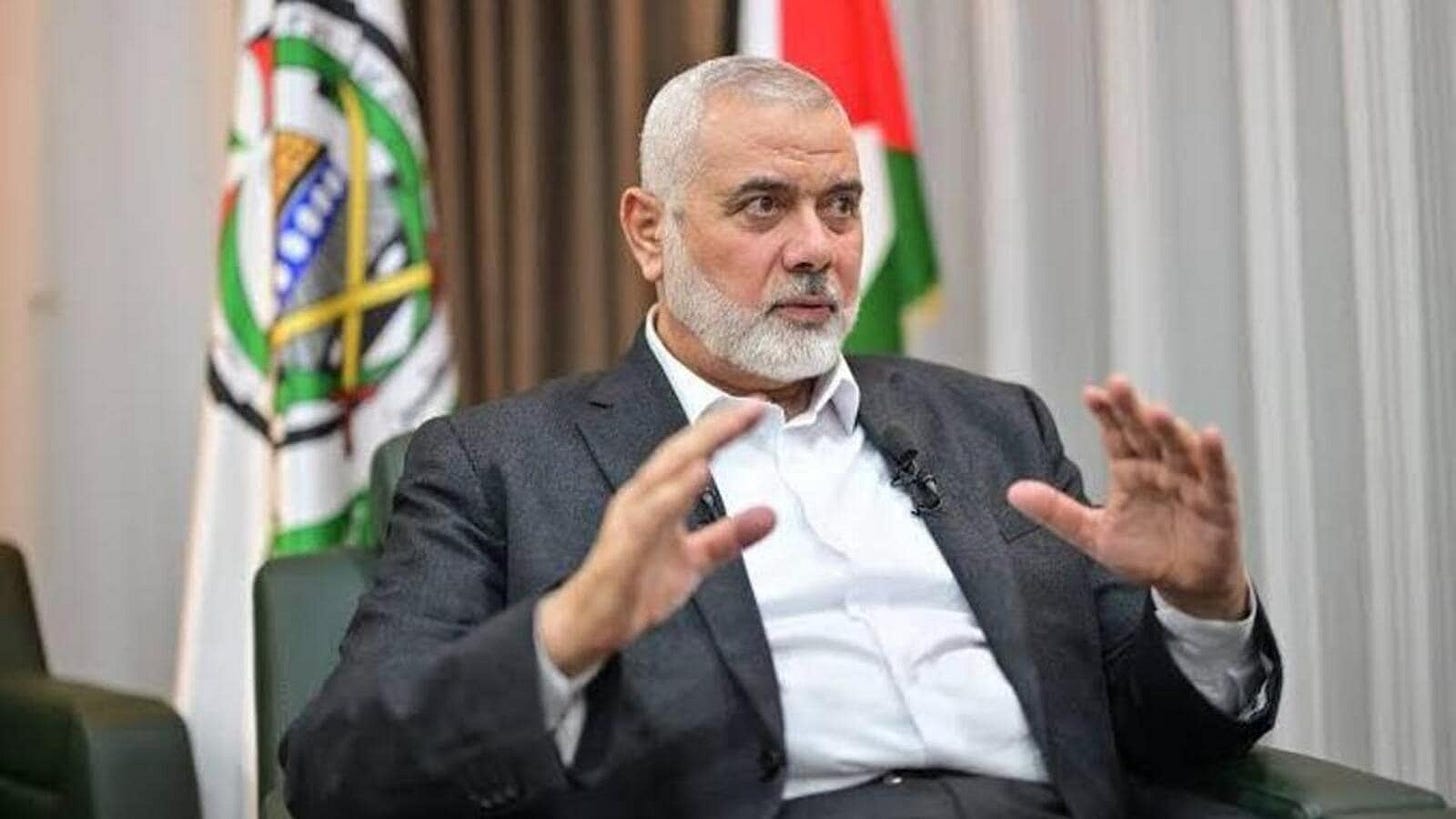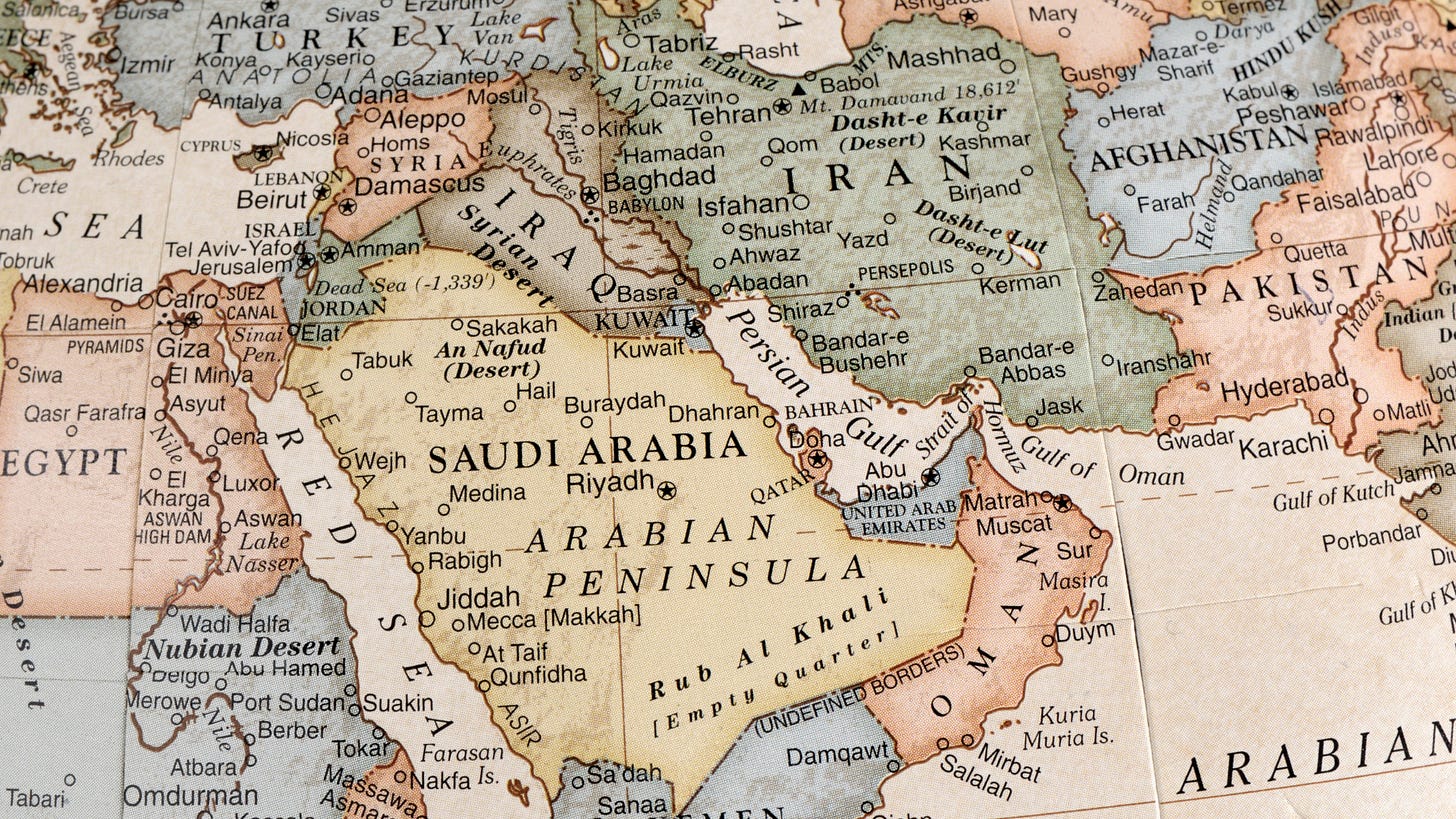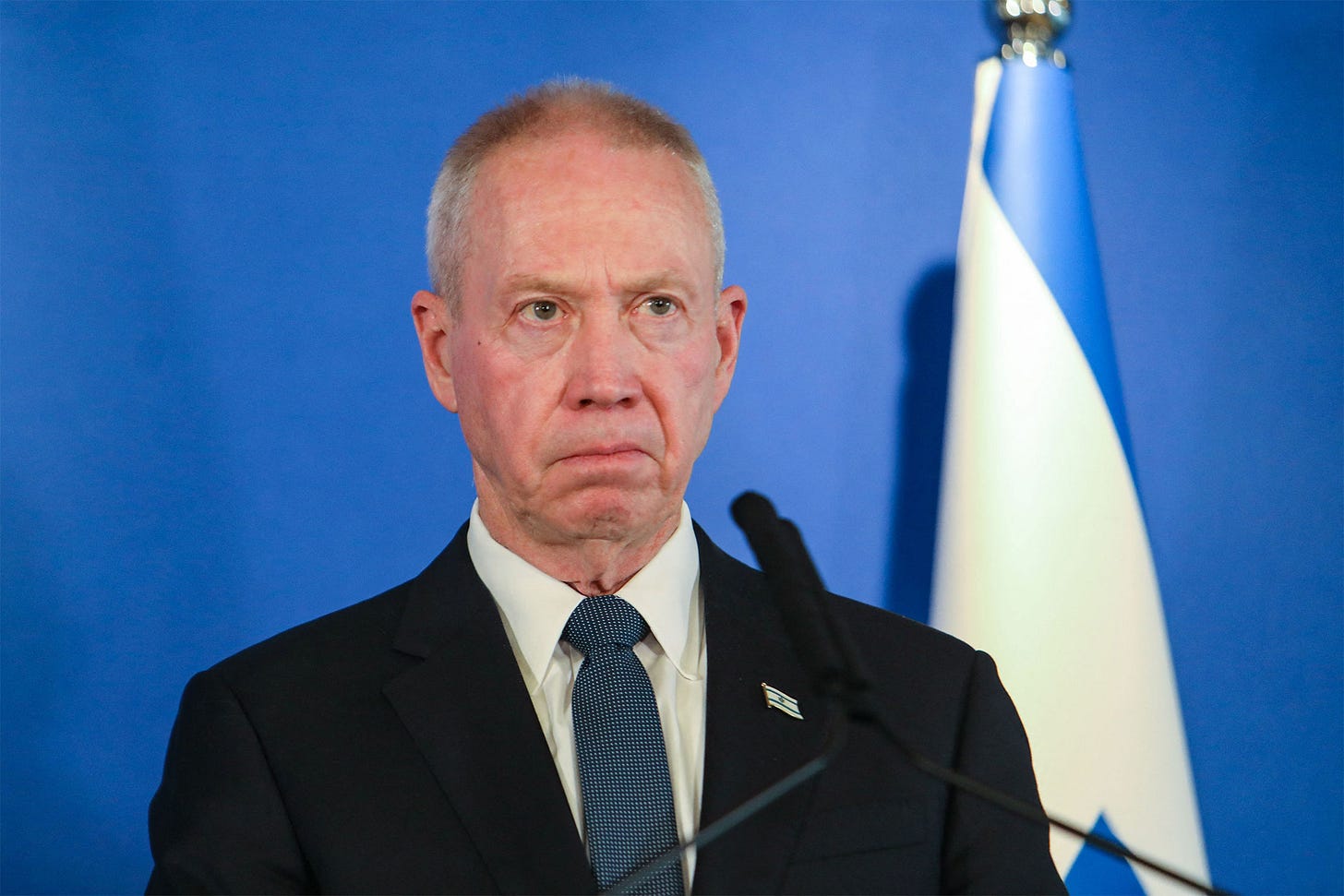Iran Likely Sacrificed Ismail Haniyeh to prevent a war with Israel and USA. Here's Why.
Iran cannot afford a war or a warlike suituation with Israel and USA right now.
In the early hours of Wednesday, July 31st, 2024, Israel launched a targeted missile strike at a compound in Tehran[1], killing Hamas’s political bureau chief, Ismail Haniyeh, along with his bodyguard. Haniyeh was in Iran to attend the inauguration of the newly elected President Masoud Pezeshkian. On the surface, it appears that Israel assassinated a high-profile leader in Iran, continuing a pattern of similar actions. Once again, Iran's security apparatus seemingly failed to protect a key figure in the “axis of resistance.” However, if we take a step back and consider the broader context, one might speculate that Iran allowed Haniyeh to be killed—perhaps even handed him over to Israel on a silver platter. Let me explain.
This strike came shortly after another Israeli airstrike in Lebanon that killed Hezbollah’s second-in-command, Fuad Shukr. Israel accused Shukr of being responsible for the missile attack that killed 12 children and injured at least 42 others in Majdal Shams, in the occupied Golan Heights. The tension between Hezbollah and Israel had been escalating to the brink of war until just yesterday, making a conflict between Hezbollah and Iran seem almost inevitable. However, such a war would not serve Iran’s interests. Lebanon is as strategically important to Iran as Belarus is to Russia. Iran has invested heavily in aligning Lebanon with its own goals, helping to establish, arm, and fund Hezbollah, effectively exporting its Islamic revolution to the country. Lebanon is Iran’s strongest ally in the region, serving as a counterbalance to Israel and the Arab states. In the event of a war with Israel, which would almost certainly involve the U.S., this counterbalance would be destroyed. Iran would then be compelled to support its ally, escalating the conflict from an Israel-Hezbollah war to a broader Iran-U.S. war involving Israel, Lebanon, Yemen, Syria, and possibly some Sunni Arab states.
Such a wider war would be devastating for Iran’s nuclear program, which is nearing completion. As of now, Iran has enriched more than 60% of nuclear-grade uranium. Developing a fully deployable weapon could take anywhere from a few months to a year. A war, or even the threat of one, would either shut down Iran’s nuclear program entirely or set it back by a decade or more, as Iran’s nuclear facilities would be the first targets for the U.S. and Israel—an outcome Iran wants to avoid at all costs.
Moreover, Israel’s ongoing genocidal campaign in Gaza had yielded little to no success, with none of its stated objectives achieved. They had failed to kill any major Hamas leader or free their hostages, and without a victory (read face-saving) Israel wouldn’t sign a ceasefire deal.
Taking all of this into account, one is inclined to speculate that Iran used Haniyeh as a sacrificial lamb. Killing the chief of Hamas’ political bureau gives Israel the face-saving victory it needs, making it more likely to agree to a ceasefire. Israeli Defense Minister Yoav Gallant claimed that Israel had avenged Hezbollah by killing Fuad Shukr and expressed that Israel does not seek a full-fledged war with Hezbollah now. Sacrificing Haniyeh protects Lebanon and allows Iran to bide its time until it acquires a nuclear weapon. For Israel, it’s a win-win. It gets to claim victory by eliminating a major Hamas leader while humiliating its arch-enemy.
So, it’s a win for Israel and a long-term win for Iran.
But what does this mean for the Palestinian question? The answer is bleak. Haniyeh was a significant political leader with whom world leaders engaged in dialogue. He had been instrumental in rallying international support for the Palestinian cause and was a skilled diplomat leading negotiations with Israel, the U.S., Qatar, and Egypt. His assassination is a major setback for the Palestinian cause.
Any hope for a two-state solution has been buried with Haniyeh. The resolution of the Palestinian issue has been postponed for at least a decade, and if Trump wins the upcoming U.S. election, it could be pushed aside even further. Violence within Palestine will likely continue to escalate.
And that’s the essay. Please share your thoughts in the comments and consider subscribing to my Substack.
Disclaimer: Since a state’s intentions are inherently unknowable, this essay offers a probable theory, grounded in offensive realism, on this situation. While I may be entirely wrong, historical patterns and the current context suggest this perspective is plausible. Of course, you are free to disagree—the comment section is open for discussion.







